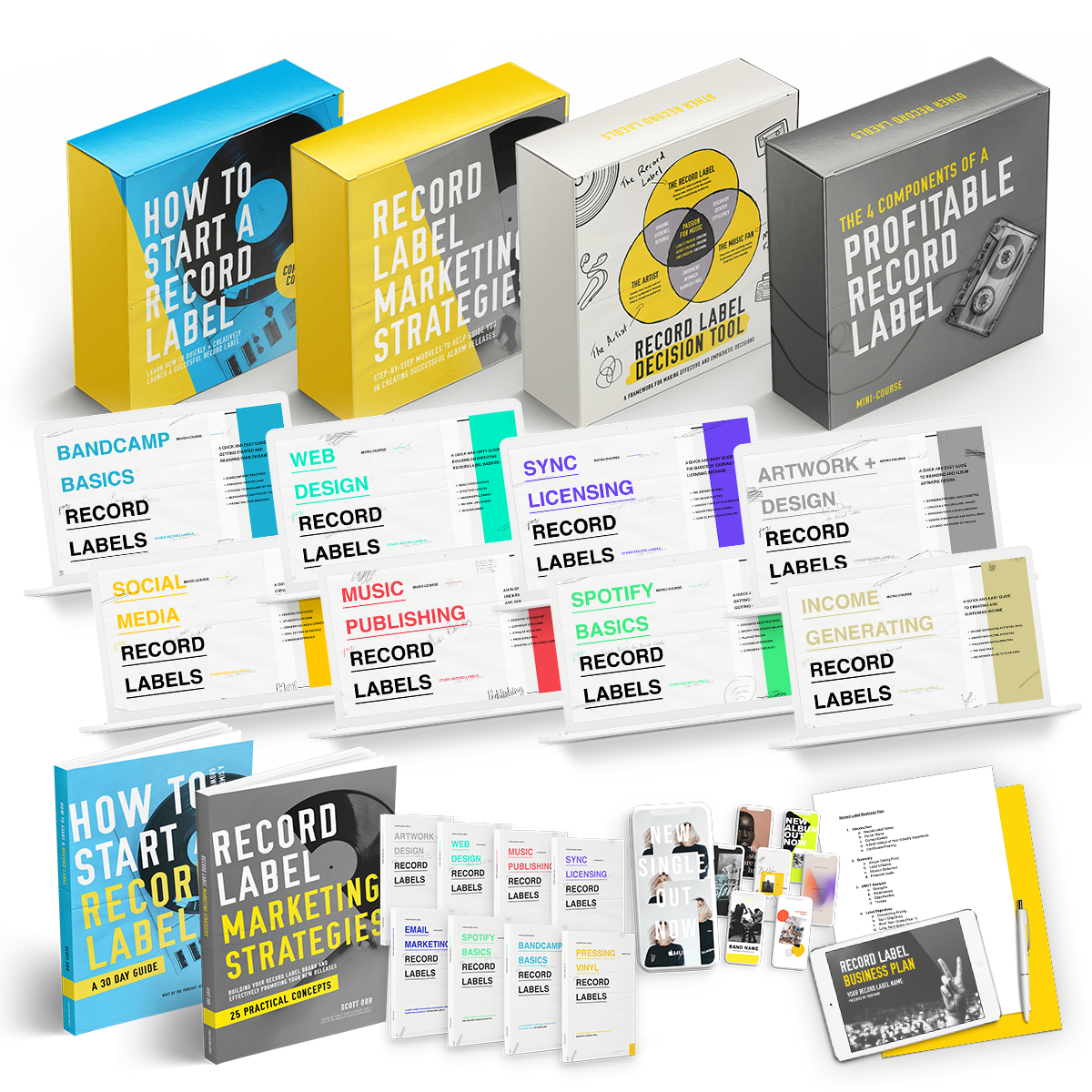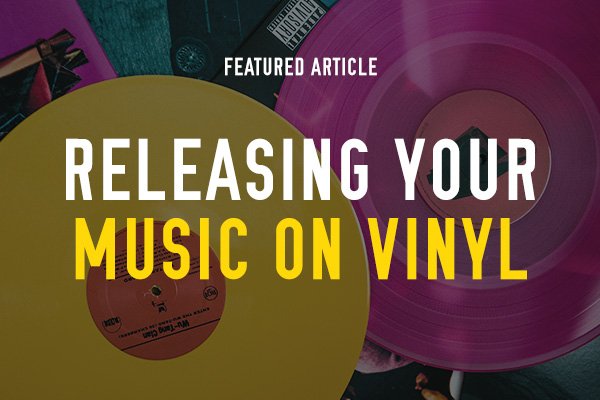
Singles, EPs, and Albums:
Which is Right for Your Artists?
Release Singles, EPs, or Albums?
Let's Define Them All...

Let’s help you figure out which one is right for your record label…
As an independent record label supporting and coaching indie artists, it's crucial to understand the different types of music releases and their significance.
In this article, we'll delve into the definitions of singles, EPs, and albums to help you determine which format would be most suitable for your artists' needs and goals.
The “Single”
Let's begin with singles, which are standalone songs released individually. These are typically the most common format for artists, especially in the digital age. Singles can serve multiple purposes depending on the context:
Pre-release Singles: Artists often release a single as a teaser before the launch of a larger project. This strategy creates buzz, builds anticipation, and gives audiences a taste of what's to come.
Standalone Hits: Some artists prefer to release singles without tying them to a specific album or EP. These standalone songs aim to capture attention and generate immediate impact, showcasing the artist's individuality and talent.
Throwaway B-Sides: In the past, B-sides were the additional tracks on physical singles, often considered less important than the A-side. In today's digital landscape, artists can release throwaway B-sides as bonus content, offering fans something extra or experimental without the pressure of a full album.
The “EP”
EPs, or extended plays, are collections of songs that are longer than a single but shorter than a full-length album. Here's what makes EPs unique:
Budgetary Reasons: EPs can be a cost-effective option for artists, especially those starting out or on a limited budget. Releasing a smaller collection of songs allows artists to showcase their skills and creativity without the financial commitment of a full album.
Experimental Versions: EPs provide an opportunity for artists to explore different versions of their songs, such as live recordings or remixes. These alternative takes can offer fans a fresh perspective on familiar tracks, adding value to the overall release.
Introduction to the World: EPs often serve as an introduction to an artist or band. They allow musicians to showcase their range, style, and versatility within a concise package. It's a chance to make a strong first impression and pique listeners' curiosity.
Concept Album or Artistic Statement: Some artists use EPs as a platform for concept albums or as a means to express a specific artistic vision. The shorter format enables them to dive deep into a particular theme, creating a cohesive musical experience for their audience.
The “Album”
Finally, we come to albums, the flagship release from an artist. Here's what distinguishes albums from other formats:
The Canonical Flagship Release: Albums are the most comprehensive and significant musical offering an artist can present. They provide a platform for a cohesive body of work, allowing artists to showcase their creativity, depth, and growth over an extended period.
A Once Every 2-3 Year Event: Albums typically require more time and investment than singles or EPs. They are often seen as a milestone in an artist's career, marked by a substantial amount of material and meticulous planning. Artists usually take two to three years between album releases to craft a cohesive and impactful project.
Major Investment with a Major Return Expected: Albums usually involve greater financial investment, including recording costs, production expenses, marketing, and distribution. Record labels and artists expect a significant return on this investment, as albums often generate more revenue through sales, streaming, and touring opportunities.

In the world of independent music, singles, EPs, and albums each have their place.
It's essential to consider the context and purpose of a release when deciding which format is most suitable for your artists.
Singles are versatile and effective for building buzz, while EPs offer a more cost-effective and experimental option. Albums serve as the pinnacle of an artist's musical journey, demanding substantial investment and delivering a comprehensive body of work.
Understanding the distinctions and strategic advantages of each format will enable you, as an independent record label, to guide and support your indie artists in making informed decisions about their releases.
By carefully selecting the appropriate format, artists can effectively connect with their audience, build their fan base, and make a lasting impact in the music industry.

WATCH THIS EPISODE
and catch other videos on our YouTube Channel

RECORD LABEL
ACADEMY
Simple strategies that will help you
earn a living telling people about great music!
Helpful Articles for Record Labels

Your Free Guide to Running a Record Label.
Other Record Labels Podcast
Featuring interviews with…

















